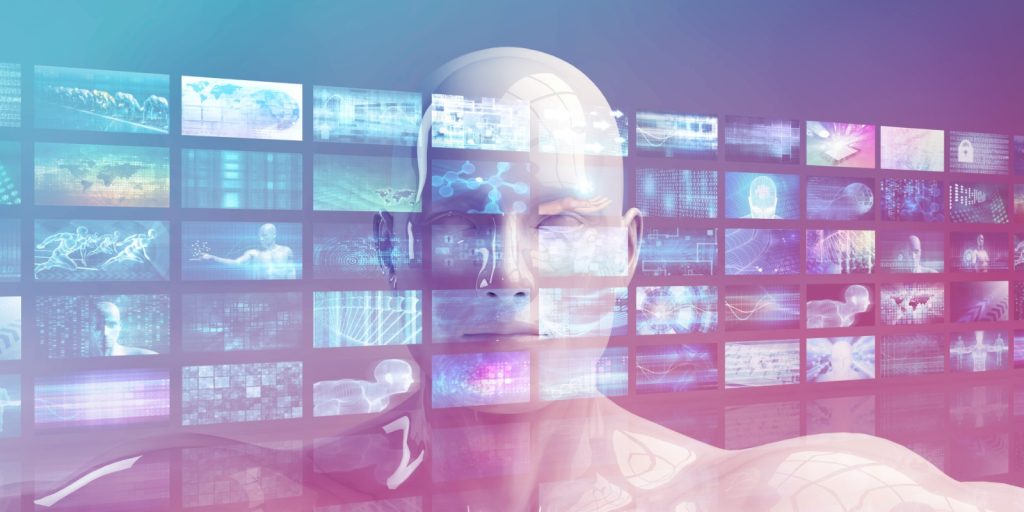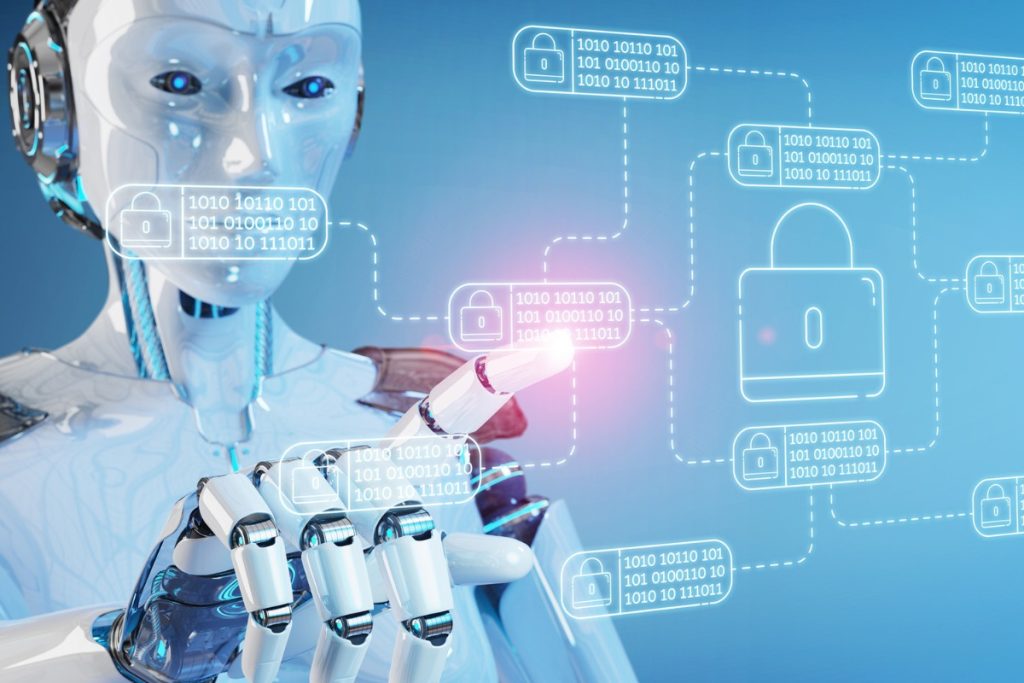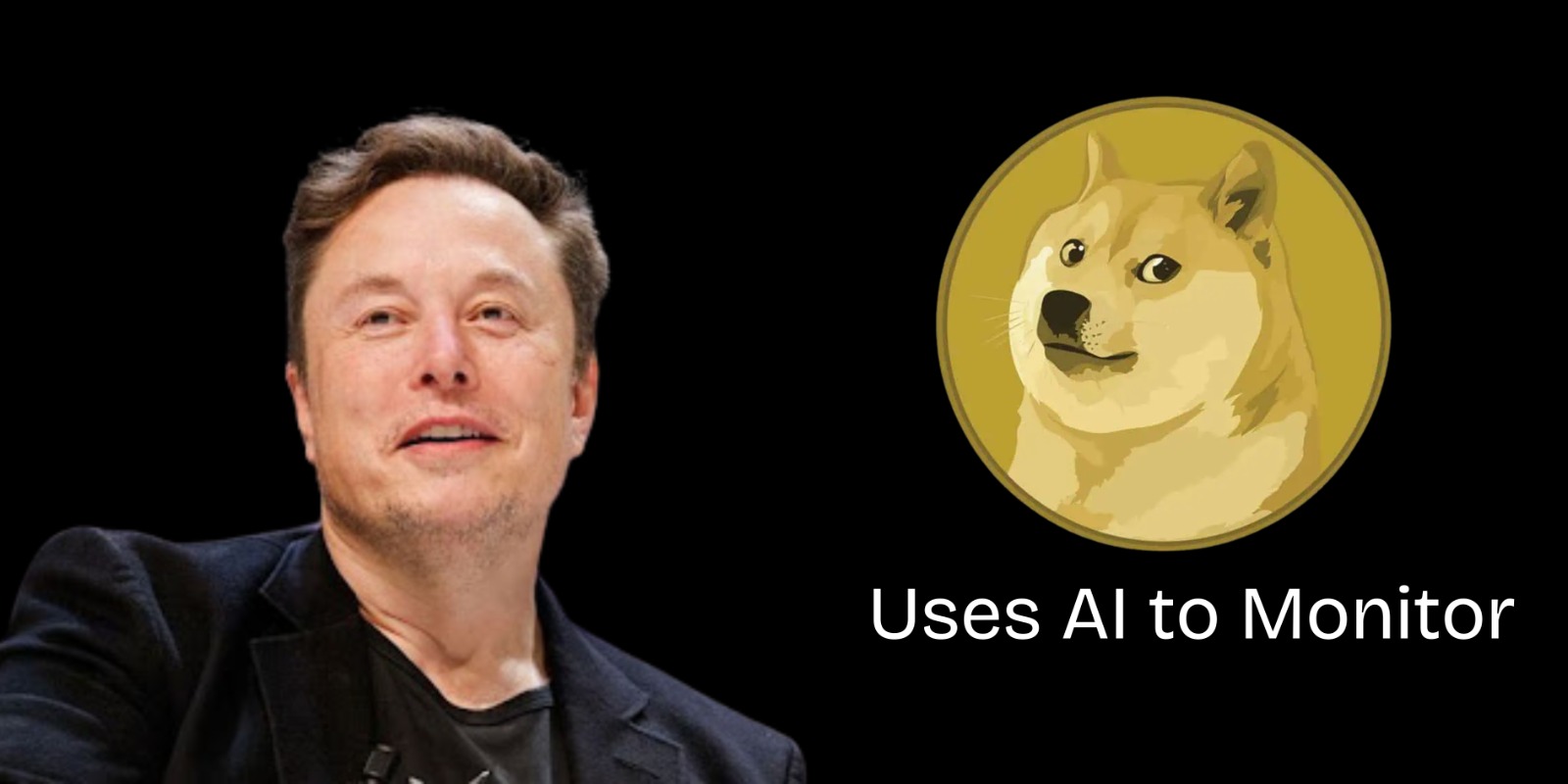Table of Contents
AI Surveillance in the Workplace
Imagine working in an office where a computer program is watching your messages. This isn’t a scene from a science fiction movie—it’s happening now in some U.S. government agencies. Elon Musk’s Department of Government Efficiency (DOGE) is reportedly using artificial intelligence (AI) to monitor federal employees’ communications for any signs of disloyalty to President Donald Trump and his administration. This development raises important questions about privacy, ethics, and the role of AI in the workplace. Let’s explore what’s happening and why it matters.
Understanding DOGE’s AI Monitoring

1. What Is DOGE?
The Department of Government Efficiency, or DOGE, was established to streamline government operations and reduce wasteful spending. Elon Musk, known for leading companies like Tesla and SpaceX, was appointed to head this initiative. DOGE’s mission includes implementing new technologies to improve efficiency within federal agencies.
2. How Is AI Being Used to Monitor Employees?
According to reports, DOGE is employing AI tools to scan internal communication platforms, such as Microsoft Teams, for messages that may express anti-Trump or anti-Musk sentiments. This means that AI is analyzing employees’ chats and emails to detect any language that could be seen as disloyal to the administration.
3. Concerns Raised by AI Monitoring
The use of AI to monitor employee communications has led to several concerns:
- Privacy Issues: Employees may feel their conversations are being invaded, leading to a lack of trust in the workplace.
- Legal Implications: Monitoring communications without clear consent could violate federal record-keeping requirements and employees’ rights.
- Ethical Dilemmas: Using AI to detect and possibly punish dissenting opinions may suppress free speech and create a culture of fear.
4. Use of Encrypted Messaging Apps
In response to the AI monitoring, some employees have turned to encrypted messaging apps like Signal, which allow messages to disappear after a certain time. While this may offer a sense of privacy, it also raises transparency issues, as important communications could be lost.
5. Impact on Government Agencies
Agencies such as the Environmental Protection Agency (EPA) have reportedly experienced significant staff reductions and budget cuts. Implementing AI monitoring adds to the challenges remaining employees face, potentially affecting morale and productivity.
6. Broader Implications
The situation with DOGE’s AI monitoring reflects a larger trend of increasing workplace surveillance. It highlights the need for clear policies and regulations to balance the use of technology with respect for individual rights.
Conclusion: Navigating the Intersection of AI and Privacy

The use of AI by Elon Musk’s DOGE to monitor federal employees brings to light critical issues about privacy, ethics, and the role of technology in the workplace. As AI continues to evolve, it’s essential to establish guidelines that protect employees’ rights while allowing for technological advancements. Open discussions and transparent policies will be key in navigating this complex landscape.





































